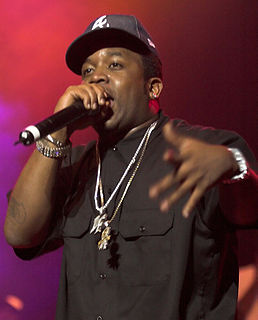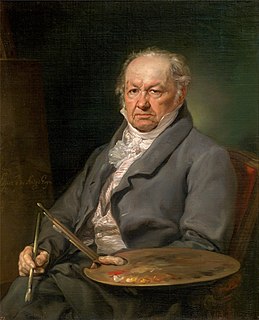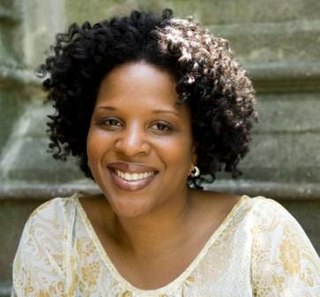A Quote by Jhumpa Lahiri
When I am experiencing a complex story or novel, the broader planes, and also details, tend to fall away.
Related Quotes
The elements of a good story are most definitely details, little bitty details. That does it, especially when you're describing, when you're setting the scene and everything. It's like you're painting a picture, so details are very important. Also, the music gotta be right. The music can really set the tone for the story and let you know what the story is gonna be about, but definitely, it's the vibe in the place where you at and the detail.
A romance novel is more than just a story in which two people fall in love. It's a very specific form of genre fiction. Not every story with a horse and a ranch in it is a Western; not every story with a murder in it is a mystery; and not every book that includes a love story can be classified as a romance novel.
Philip Galanes makes his debut with a novel that is both heartbreaking and deftly comic, the story of a young man struggling with his most primitive desires--wanting and needing. It is a novel about the complex relationships between parents and children, a story of loss and of our unrelenting need for acknowledgment, to be seen as who we are. And in the end it is simply a love story for our time.
But when I say it isn't meant for anyone's eyes, I don't mean it in the sense of one of those novel manuscripts people keep in a drawer, insisting they don't care if anyone else ever reads it or not.The people I have known who do that, I am convinced, have no faith in themselves as writers and know, deep down, that the novel is flawed, that they don't know how to tell the story, or they don't understand what the story is, or they haven't really got a story to tell. The manuscript in the drawer is the story.
A form wherein we can enjoy simultaneously what is best in both the novel and the short story form. My plan was to create a book that affords readers some of the novel's long-form pleasures but that also contains the short story's ability to capture what is so difficult about being human - the brevity of our moments, their cruel irrevocability.


































